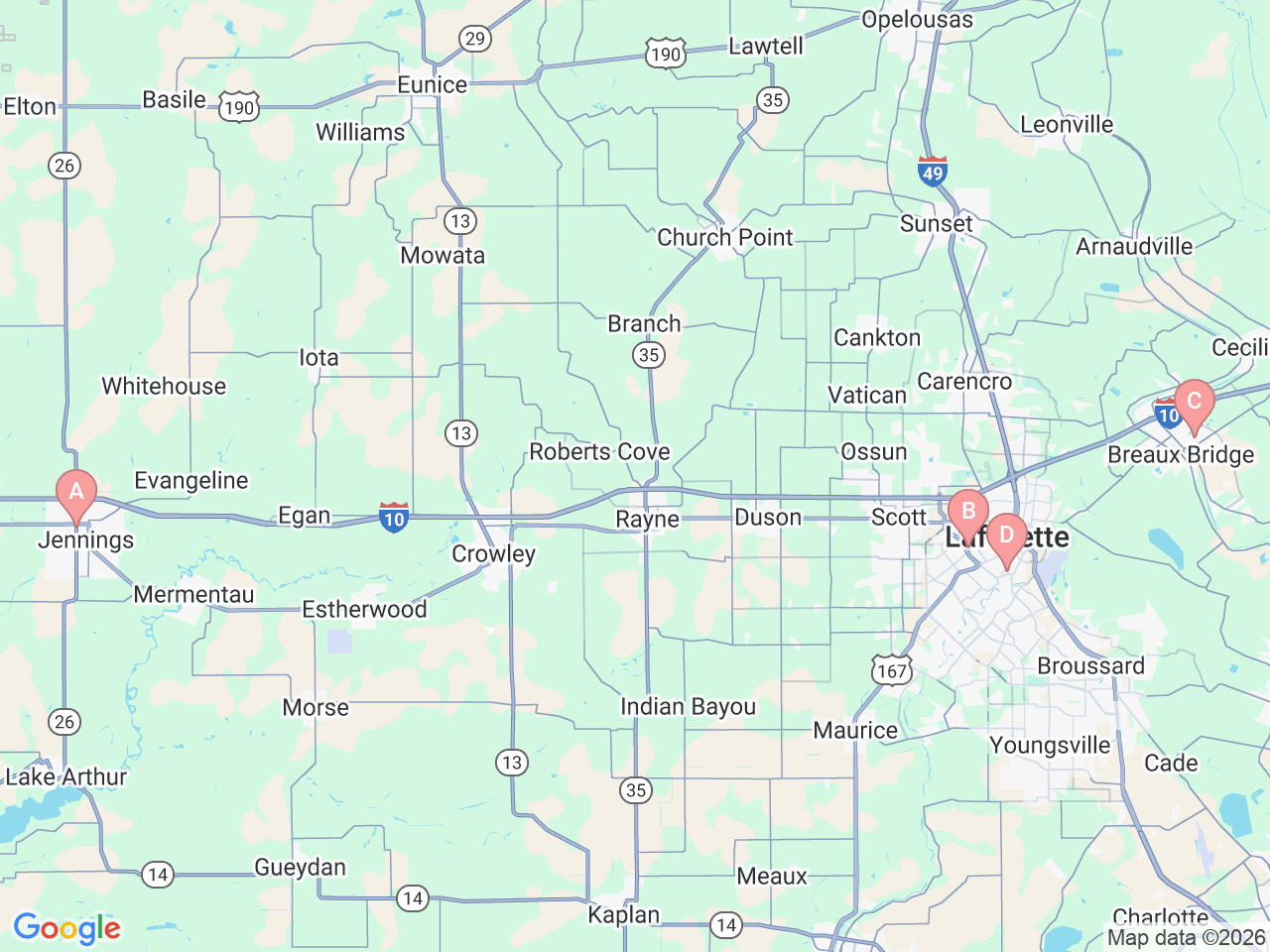Why choose Ochsner Lafayette General for your cardiac catheterization lab needs?
Ochsner Lafayette General offers advanced heart care right here in Lafayette, Louisiana.
According to the Centers for Disease Control and Prevention, heart disease affects Louisianians at a rate higher than in 45 other states. That means you or someone you love may need expert diagnosis and treatment.
That’s why Ochsner Lafayette General, in partnership with the Cardiovascular Institute of the South, has expanded cardiac catheterization lab services and technology. Together, we deliver advanced heart care in Lafayette, setting a new standard for cardiovascular treatment in Acadiana.
With a team of world-class cardiologists and specialists by your side, you can move forward with confidence. From your first appointment to post-operative care and recovery, we guide you every step of the way, ensuring you understand your treatment plan and feel supported throughout your journey.



